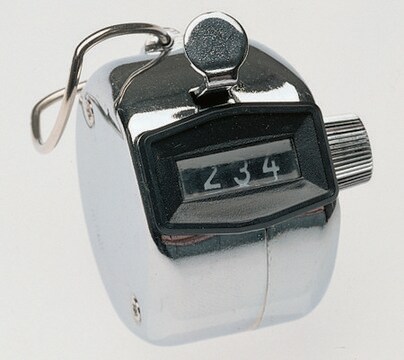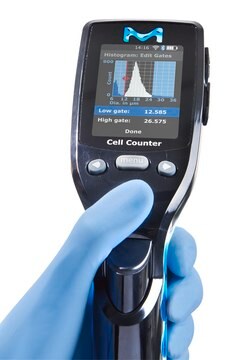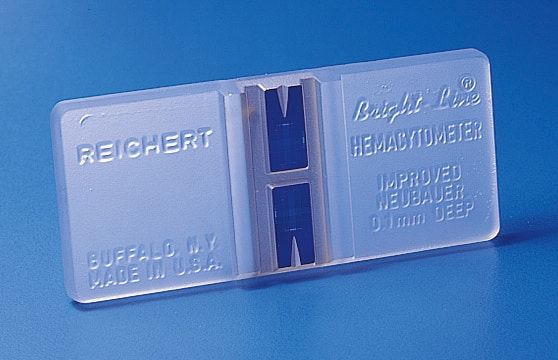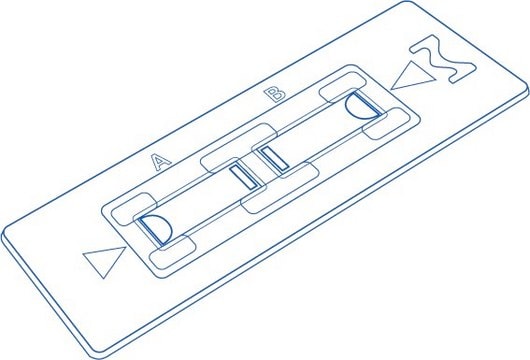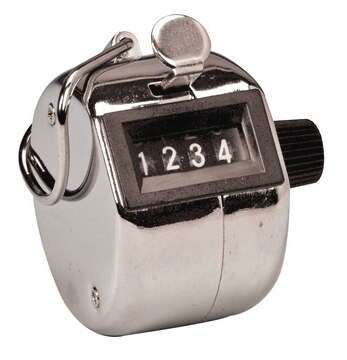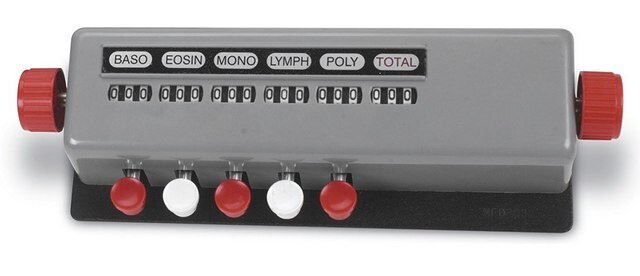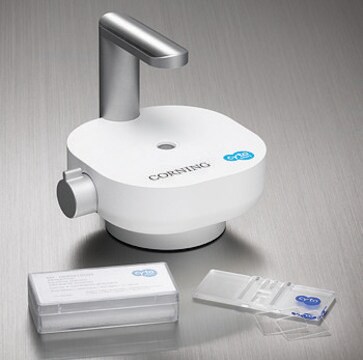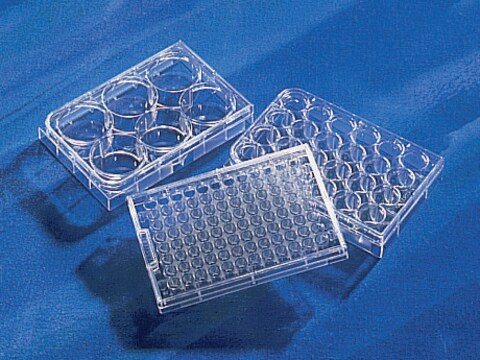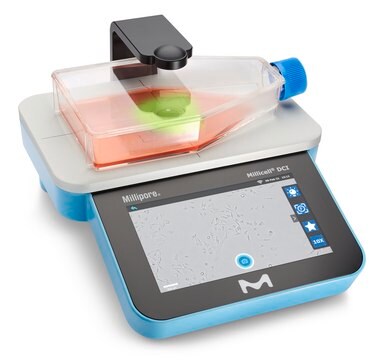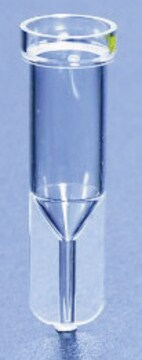PHCC20060
Scepter 2.0 Handheld Automated Cell Counter
Rapid cell counts in a handheld easy to use format, includes pkg of 60 μm Scepter Cell Counter Sensors
About This Item
Recommended Products
manufacturer/tradename
Scepter
technique(s)
cell counting: suitable
particle size
6-36 μm
compatibility
for use with cells sized 4.0–25.0 μm
shipped in
ambient
General description
The Scepter cell counter’s screen displays:
Cell concentration
Average cell size
Average cell volume
Histogram of size or volume distribution
This system is intended for research use only and has been tested with cell types representative of those in use today.
FREE PACK OF 60μM Sensors included.
Application
Cell Culture
Components
1 Test Bead Vial
1 USB Cable
1 Downloadable Software
2 O-rings
50 Sensors (60µM)
Certificates of Analysis (COA)
Search for Certificates of Analysis (COA) by entering the products Lot/Batch Number. Lot and Batch Numbers can be found on a product’s label following the words ‘Lot’ or ‘Batch’.
Already Own This Product?
Find documentation for the products that you have recently purchased in the Document Library.
Customers Also Viewed
Articles
How do you assess the state of your cell culture? We’ve got some best practices to share.
Assessing size distributions of cellular populations with the Scepter™ cell counter provides a quick, simple method for tracking T-cell differentiation.
The Scepter handheld, automated cell counter provides a rapid, reliable alternative to traditional SCC analysis in dairy milk.
Using the 40 µm aperture sensor, the Scepter cell counter can accurately and precisely count a broad range of cell types, including small cells such as PBMC and red blood cells.
Protocols
The Scepter™ cell counter uses the Coulter principle of impedance-based particle detection to reliably and accurately count every cell in your sample.
The Scepter™ used in an application to count yeast cells.
Step-by-step tumorpshere formation protocol that can used to generate 3D cancer stem cell spheroids.
Our team of scientists has experience in all areas of research including Life Science, Material Science, Chemical Synthesis, Chromatography, Analytical and many others.
Contact Technical Service